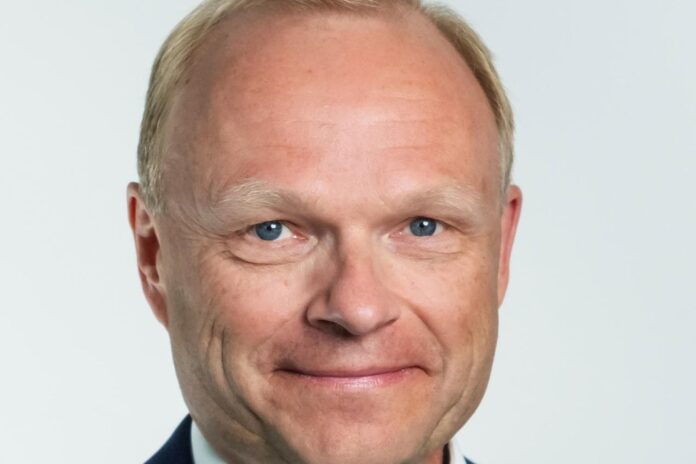Blames ongoing licence renewals at Nokia Technologies which were expected to conclude by the end of 2023
Beleaguered Finnish equipment vendor Nokia has announced it will miss its 2023 financial targets. It said this is due to outstanding licence renewals in Nokia Technologies which it had expected to conclude by the end of December.
Nokia said in a statement, “While there have been intense negotiations between the relevant parties and courts around the world have found in Nokia’s favour, the company will prioritize protecting the value of its patent portfolio versus achieving certain timelines for resolution.”
The firm will report its Q4 and full year 2023 financial results on 25 January, and the news is will not be all bad. The statement said net sales in Network Infrastructure, Mobile Networks, and Cloud and Network Services divisions are “expected to demonstrate a significant improvement sequentially”.
Business as usual…
The Nokia Progress Update on 12 December provided initial planning assumptions for each of its units in 2024 which remain unchanged. The company has seen clearly improving order trends in the fourth quarter, particularly in Network Infrastructure, that support the assumptions. Nokia will provide a group financial outlook for 2024 with its fourth quarter results on 25 January 2024.
Nokia has had a turbulent 2023, announcing in October that it would cut 14,000 jobs after reporting plummeting profits. Nokia’s outlook was not improved by losing AT&T as customer for its RAN equipment in early December, to be replaced by Ericsson.
Nokia’s CEO, Pekka Lundmark commented in an interview with LightReading, that he thought AT&T’s decision was about price not technology. He said, “We currently have about one third of their radio network and our Swedish competitor has two thirds.
“Since they wanted to go for one vendor, it was pretty hard for us. Without knowing exactly what Ericsson offered, the simple math is that if you swap two thirds of the network instead of one third how can you be competitive financially?”



